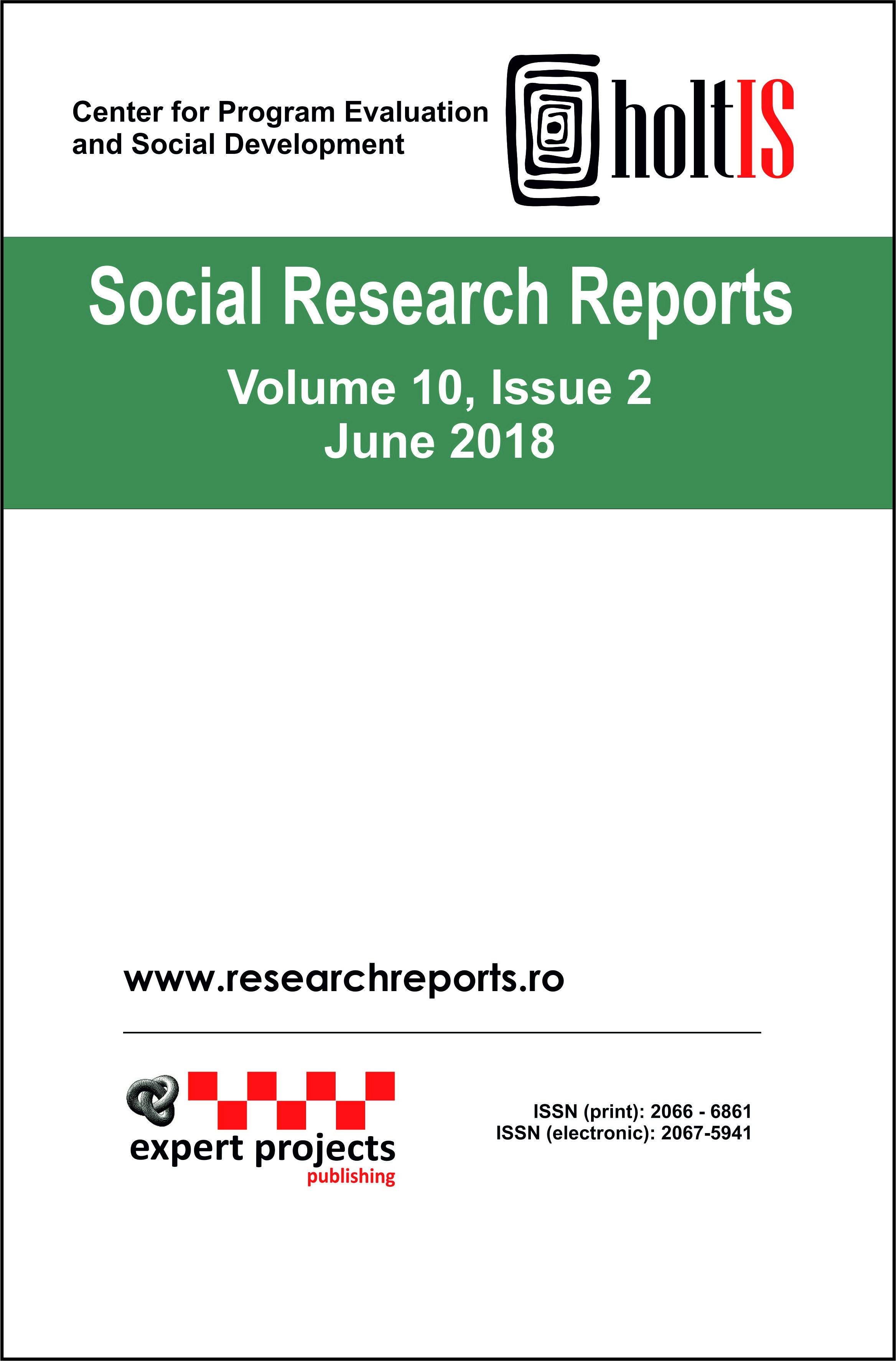The influence of parenting on adolescent alcohol consumption: results from the SEYLE Project
The influence of parenting on adolescent alcohol consumption: results from the SEYLE Project
Author(s): Erik RÜÜTEL, Merike Sisask, Airi Värnik, Peeter Värnik, Vladimir Carli, Christina W. Hoven, Marco Sarchiapone, Alan Apter, Judit Balazs, Maria Balint, Silvia Bartollino, Julio Bobes, Romuald Brunner, Paul Corcoran, Doina Cosman, Christian Haring, Michael Kaess, Jean-Pierre Kahn, Helen Keeley, Elaine McMahon, Vita Postuvan, Pilar A Saiz, Nusa Zadravec Sedivy, Alexandra Tubiana, Danuta WassermanSubject(s): Social Sciences
Published by: Expert Projects Publishing
Keywords: alcohol; adolescent; parenting; firmness; closeness; involvement; family structure; SEYLE;
Summary/Abstract: Decades of research has shown that adolescent alcohol consumption is linked to effective parenting. Data were obtained from adolescents (N=11 503, mean age 14.9±0.79) in Austria, Estonia, France, Germany, Hungary, Ireland, Israel, Italy, Romania, Slovenia and Spain within the European Union’s 7th Framework Programme funded project, ‘Saving and Empowering Young Lives in Europe (SEYLE)’. Our data show that on average in European families’ parents most of the time or always know about their childrens’ whereabouts, never or rarely check their homework, most of the time or always understand their problems and often help them make important decisions. Parents also often take time to talk, listen to adolescents’ opinions and come to see their special activities. Investigated parenting actions conceptualised as firmness, closeness and involvement can in some combinations predict adolescent alcohol consumption frequency. The current paper suggests that there are two types of family contexts where adolescents drink less alcohol. In the first family context parents most of the time or always know about their whereabouts, check their homework and often help to make important decisions or understand problems. In the second type, their parents often take time to talk to them, listen to their opinion and come to see their special activities. Ineffective parenting eclipses different family structure types and reveals to be a higher predictor of adolescents’ multidimensional decline.
Journal: Social Research Reports
- Issue Year: 10/2018
- Issue No: 2
- Page Range: 7-28
- Page Count: 22
- Language: English

